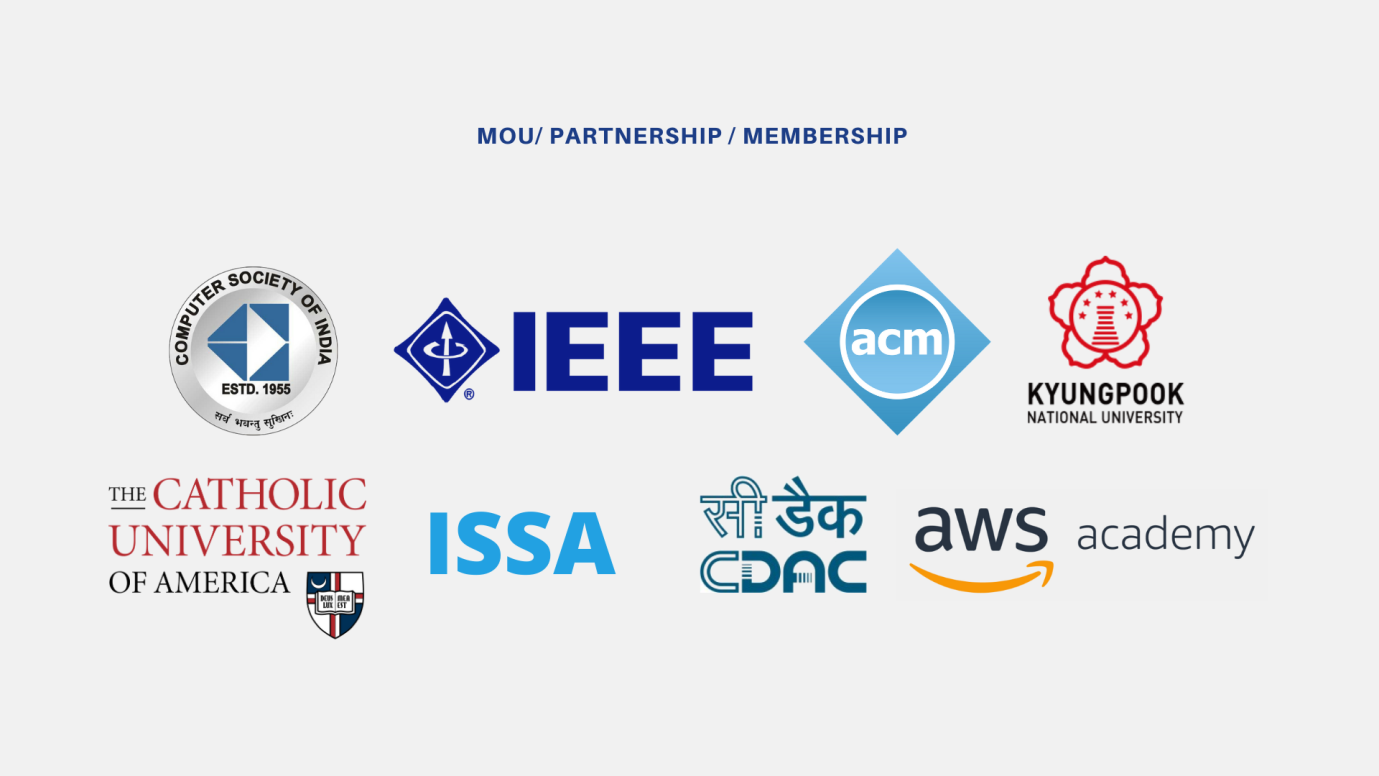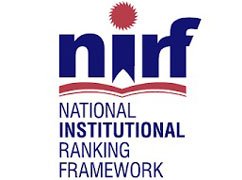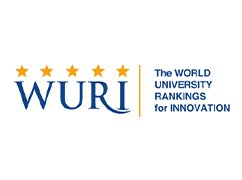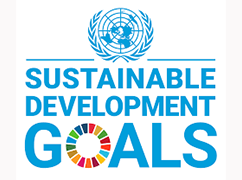The Master of Science in Economics and Analytics offers a rigorous curriculum that navigates students from economic theory to practical computational applications, providing comprehensive training in descriptive, predictive, and prescriptive analytics. Delving into econometric methods, machine learning, optimization, and computing, students gain proficiency in big-data skills alongside economic modeling expertise.
The Master of Science in Economics and Analytics offers a rigorous curriculum that navigates students from economic theory to practical computational applications, providing comprehensive training in descriptive, predictive, and prescriptive analytics. Delving into econometric methods, machine learning, optimization, and computing, students gain proficiency in big-data skills alongside economic modeling expertise. This combination equips them to identify and capitalize on data-driven opportunities across both private and public sectors. With a focus on empirical and applied work, graduates are poised to make significant contributions to the evolving field of Economics. The program's objectives include fostering knowledge and skills in cutting-edge data analytics, enhancing analytical problem-solving abilities through hands-on applications, equipping students with tools for data handling and interpretation, and promoting research excellence to address societal challenges.
All applicants using online mode must visit the online application page. Register by entering your NAME (as printed on Class 10 Marks Card) EMAIL-ID and set password. (The email id and mobile number provided will be used for sending confirmation and application status-update messages).
Candidates, who are unable to print the application form due to system / power / internet failure, may log on to the “Application Status” link and enter your email id, password and captcha details to view and print the application form.
Office of Admissions will verify the application form only after receiving the printed application form along with ALL the supporting documents. Selection Process e-admit card will not be uploaded if the supporting documents do not reach the Office of Admissions within the stipulated date and time. The selection process E-Admit card will be generated 3-5 days prior to the scheduled selection process date.
Note: The International Student category fee structure is binding for the full duration of the programme and cannot be transferred /changed in between.
Candidates from the above listed categories having pursued Indian Educational qualification and who may have applied under the Indian States Category will have to pay the International Student Category Fee. The decision of the Admission committee is final.
Candidates seeking admission through International Student category (Foreign Nationals/PIO/OCI) will have a separate application process, with the option to apply for any programme at Christ University.
Online Application form
Email ID for any clarifications: isc.admission@christuniversity.in
Students who fall under any of the following classifications, at the time of application may apply under NRI Student category and be liable to pay the fees applicable to the category for the entire duration of the course.
Note: If only condition 5 is satisfied, and not conditions 1 to 4 above, NRI student category fee will be applicable only for the first year.
Email ID for any clarifications: isc.admission@christuniversity.in
For other details: https://christuniversity.in/international-student-category
All admitted students must open an account at South Indian Bank, CHRIST (Deemed to be University) Branch as part of the admission process and must carry relevant ID proof (Aadhar Card and Pan Card).
The University ID card is a smart card, which is both an ID cum ATM card with a chip containing the student personal details. All transactions within the University campus after the commencement of classes, including fee payment, will be processed only through this card. It is also an access card for Library and other restricted places.
Selected candidates who fall under International student category (ISC) should register with the Foreigner Regional Registration Officer (FRRO / FRO) of the Local Police in Bengaluru, India within 14 working days from the date of admission or arriving in Bengaluru.
CHRIST (Deemed to be University),
Christ University Road, 30 Valor Court, PO Dasve Lavasa, Mulshi, Pune – 412112, Maharashtra
Phone
1800-123-2009
Between: Monday to Friday: 09:00 AM to 04:00 PM,
Saturday: 09:00 AM to 12:00 PM
(Office remains closed on Sundays, Government Holidays and Any special events)
| Year | Indian States | NRI | SAARC / AFRICA / OCI / PIO / ASEAN | Other Foreign Nationals |
|---|---|---|---|---|
| 1 | 1,60,000 INR | 2,15,000 INR | 4,000 USD | 4,500 USD |
| 2 | 1,60,000 INR | 2,15,000 INR | 4,000 USD | 4,500 USD |
# The fee for Karnataka domicile students, as indicated in the table, is the actual fee payable and excludes the scholarship amount.
It is to be noted that though the fee is fixed for two years, there may be a periodic nominal increase to meet the rise in costs.
(The above condition is not applicable to NRI and candidates applied under NRI Category).
The Master of Science in Economics and Analytics is an intensive program that will guide students through economic modelling and theory to computational practice and cutting-edge tools, providing thorough training in descriptive, predictive and prescriptive analytics. Students will be equipped with a solid knowledge of econometric and machine learning methods, optimization and computing. These big-data skills, combined with knowledge of economic modelling, will enable them to identify, assess and seize the opportunity for data-driven value creation in the private and public sectors. Students will be trained to contribute significantly to empirical and applied for work in the upcoming field of Economics.


The programme will create a new generation of professionals who will inform complex decision-making using data-rigorous analytics. The key feature of this programme is the combination of insights from economic theory and computational science with a particular focus on skills required for the complex decision-making in applied macroeconomics, finance, market research, operations and policy analysis.



| PO1 | Engage in continuous reflective learning in the context of technology and scientific advancement. |
| PO2 | Identify the need and scope of Interdisciplinary research. |
| PO3 | Enhance research culture and uphold scientific integrity and objectivity. |
| PO4 | Understand the professional, ethical and social responsibilities. |
| PO5 | Understand the importance and the judicious use of technology for the sustainability of the environment. |
| PO6 | Enhance disciplinary competency, employability and leadership skills. |
| PSO1: | Analyse, Evaluate and Create: Ability to identify, analyse and design solutions for analytical problems using fundamental principles of economics, mathematics, statistics, computing sciences, and relevant domain disciplines. |
| PSO2: | Construct and execute modern Software Tools: Acquire the skills in handling data analytics programming tools towards problem-solving and solution analysis for domain-specific problems. |
| PSO3: | Societal and Environmental Concern: Apply theories of economics and analytics to address for societal and environmental concerns. |
| PSO4: | Professional Ethics: Understand and commit to professional ethics and cyber regulations, responsibilities, and norms of professional computing practices. |
| PSO5: | Applications in Multidisciplinary Domains: Analyse the Understand the role of statistical approaches and apply the same to solve real-life problems in the fields of economics and analytics. |
| PSO6: | Project Management: Apply research-based knowledge to analyse and solve advanced problems in economics and analytics. |
| PSO7: | Acquainted with Economic Problems: Solving skills, Reflective thinking, Apply analytically and scientific thinking |
| PSO8: | Policy Analysis: Critically analyse the effectiveness of various monetary and fiscal policy for stabilizing the economy |
Address
Dharmaram College Post, Hosur Road, Bengaluru – 560029, Karnataka, India
Telephone
+91 804012 9100 / 9600
Send us a Fax
40129000
Mail Us At
mail@christuniversity.in







